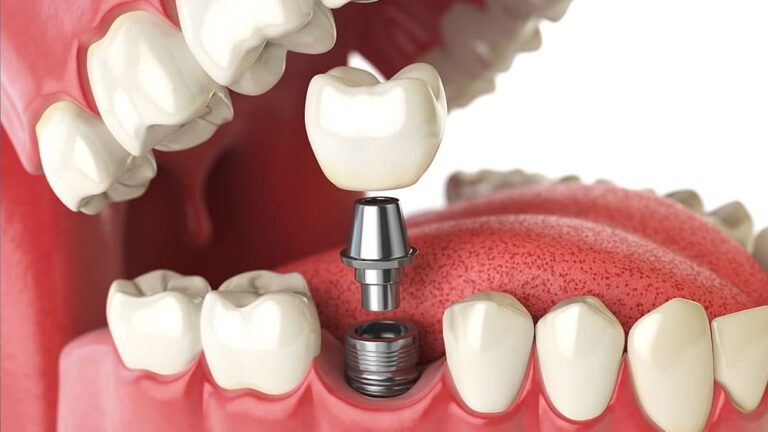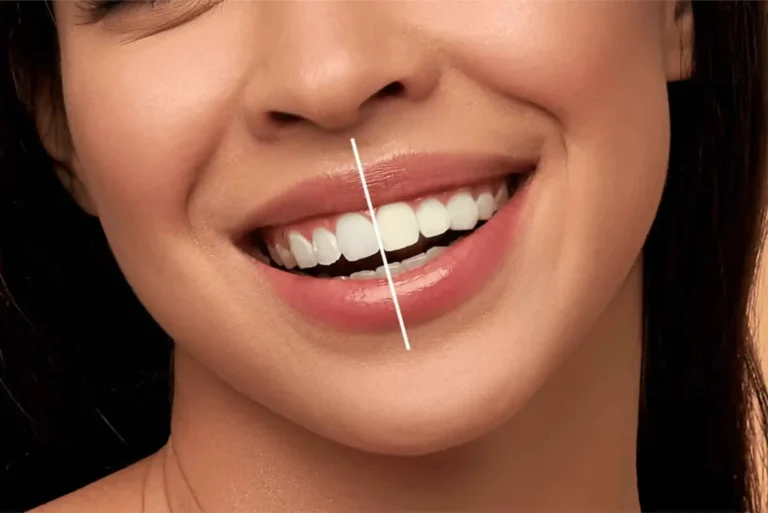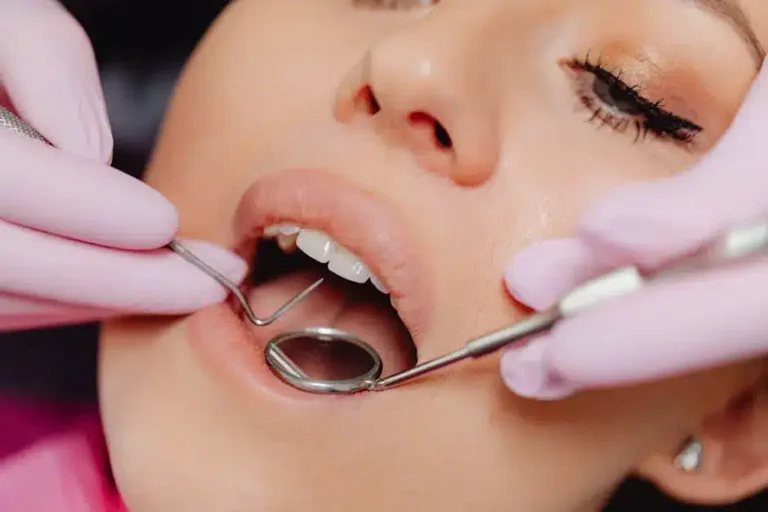How Dentures Can Improve Your Speech and Eating Habits

Missing teeth can significantly impact your daily life, affecting everything from eating and speaking to your presence in social situations. Dentures offer a solution that helps people restore their smile and oral function. Here is more information on what dentures are, the different types available, the process of getting them, and their key benefits for dental patients:
What Are Dentures?
Dentures are removable dental appliances designed to replace missing teeth and surrounding tissues. They consist of artificial teeth mounted on a base that mimics the appearance of natural gums. Modern dentures are crafted from high-quality materials that closely resemble natural teeth and gum tissue.
These dental appliances restore the ability to chew food properly, speak clearly, and maintain facial structure and balance. Without teeth, facial muscles can sag, creating a sunken appearance that dentures help prevent. Dentures are custom-made for each patient based on impressions of their mouth, providing a comfortable fit and a natural appearance that complements their facial features.
What Are the Different Types?
Partial dentures are used when some natural teeth remain in the upper or lower jaw. These appliances fill the gaps left by missing teeth while preserving existing healthy teeth. The base of partial dentures is made from metal, offering greater durability and a thinner profile.
Complete dentures replace all teeth in either the upper or lower jaw, or both. They rest directly on the gum tissue and underlying bone structure. Complete dentures rely on suction, muscle control, and proper fit to stay in place during daily activities.
Implant-supported dentures attach to dental implants that have been surgically placed in the jawbone. The implants serve as anchors, providing retention and stability. This type requires adequate bone density to support the implants. The process involves a longer treatment timeline, but it can benefit those seeking enhanced comfort and improved function.
What Does the Process Involve?
The denture process begins with a comprehensive dental examination and consultation. Your dentist will assess your oral health, discuss your needs and expectations, and determine the type of denture that is most suitable for your situation. Initial impressions of your mouth are taken to create preliminary models. Multiple appointments are required, during which your dentist will check the bite alignment, adjust the fit, and make any necessary modifications to achieve the desired comfort and function.
The final step involves delivering your completed dentures. Your dentist will provide instructions on proper care, insertion, and removal techniques. Follow-up appointments are scheduled to address any adjustments needed as you adapt to wearing your new dentures.
What Are the Benefits?
Dentures offer numerous advantages for individuals with missing teeth. They restore the ability to eat a varied diet, allowing you to consume foods that may have been difficult or impossible to eat with missing teeth. This improvement in nutrition can have positive effects on overall health.
Speech clarity is another significant benefit. Missing teeth may cause slurring or difficulty pronouncing certain sounds. Dentures help restore proper speech patterns and boost experiences in social and professional interactions. They also restore your smile and facial support, helping maintain a youthful appearance.
Consult a Dental Professional Today
Dentures offer an effective solution for replacing missing teeth and restoring oral function. Whether you need partial, complete, or implant-supported appliances, the right option depends on your specific situation and needs. Schedule a consultation with a qualified dental professional to discuss your options and begin your journey toward a restored smile. They can assess your oral health, explain the various types available, and help you select the most suitable solution for your needs.
- What to Expect When Visiting a Foot and Ankle Specialist
- Causes of PTSD
- The Link Between Plantar Fasciitis and Weight Gain: What You Need to Know
- How Pet Ownership Can Positively Impact Life with Fibromyalgia
- The Importance of Stretching and Flexibility in Sports Medicine
Dr. Emma Green is a health and wellness expert with over 10 years of experience in nutrition and fitness. Passionate about helping others live their healthiest lives, Dr. Green shares practical advice on wellness, nutrition, and sustainable living through LivingSpristine.






